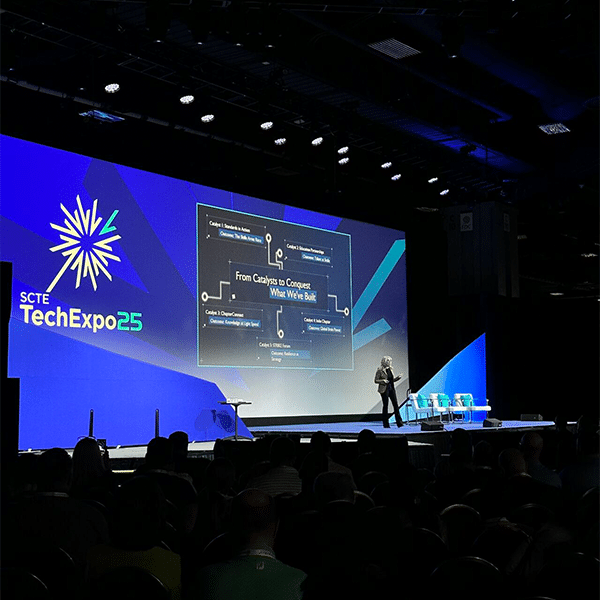President-elect Donald Trump said yesterday that he will appoint current FCC Commissioner Brendan Carr to be the next FCC chair. Here’s a few observations on what this is likely to mean for telecom and broadband industry.
Net Neutrality undoubtedly will be reversed again. Since its inception, it has come and gone, depending on which party is in the White House. And when the current Democratic-majority commission adopted Net Neutrality rules last year, Carr had harsh words for that move.
Net Neutrality and the reclassification of broadband as a more heavily regulated Title II service “was never about improving online experience,” he said. “That was the sheep’s clothing on the wolf.”
Net Neutrality, he said, was an effort by “Big Tech” companies such as Google to regulate competitors and “create a moat around their business models to foreclose competition.”
Universal Service
A Republican commission under Carr could have another big impact that would be detrimental to big tech, according to a research note from Washington insider and National Broadband Plan author Blair Levin.
Levin, now with NewStreet Research, noted that Carr has wanted the tech sector to pay into the Universal Service Fund (USF). As readers know, the current funding mechanism has become increasingly unsustainable.
The Elon Musk Wild Card
Elon Musk, one of the richest men in the world, is also the man behind SpaceX, which offers the Starlink LEO satellite service. And as Musk has become close to Trump, Trump may seek to establish telecom and broadband policies that favor Starlink.
The FCC would have little impact on one of the changes we might expect: The administration may seek to relax requirements in the $42.5 billion BEAD rural broadband funding program, which currently call for the deployment of fiber except in extremely high-cost areas. That’s under control of NTIA, not the FCC.
Where Musk could influence FCC actions relates to the USF program. Potentially the new administration could seek to divert some USF funding to LEO satellites.
That’s something Carr might favor, as he was unhappy when the Biden FCC voided SpaceX’s winning bid in the RDOF program. SpaceX had been on tap to receive nearly $1 billion in RDOF funding.
The commission’s reasons for rejecting SpaceX “do not withstand even casual scrutiny,” he said at the time.
Among other things, he challenged the finding that LEO satellite broadband technology was “risky” and “still developing.” And he said the FCC decision would cost extra money for taxpayers because it would cost at least $3 billion to bring fiber broadband to the areas that SpaceX planned to serve for less than $1 billion.



